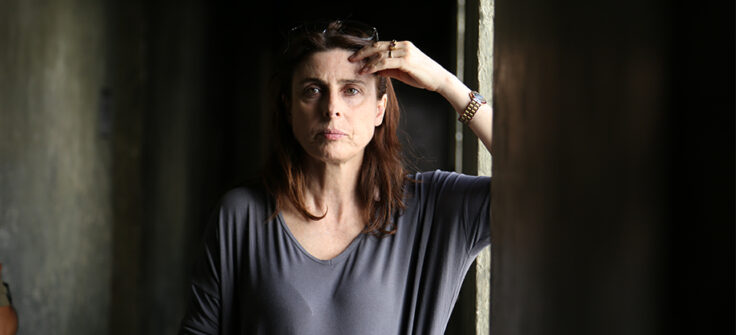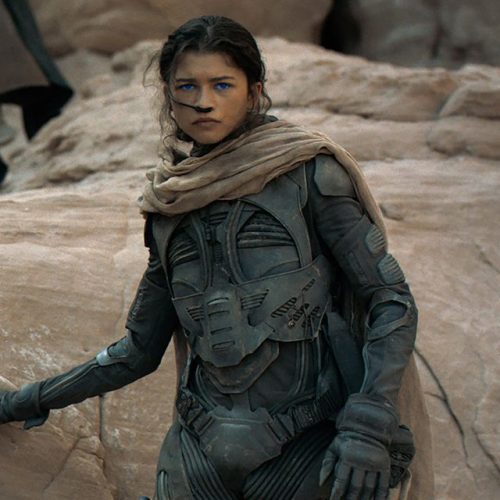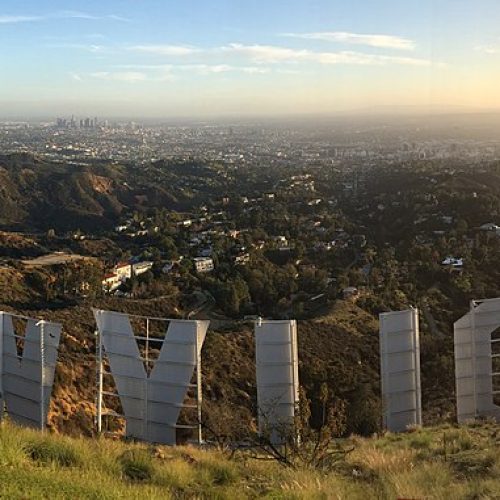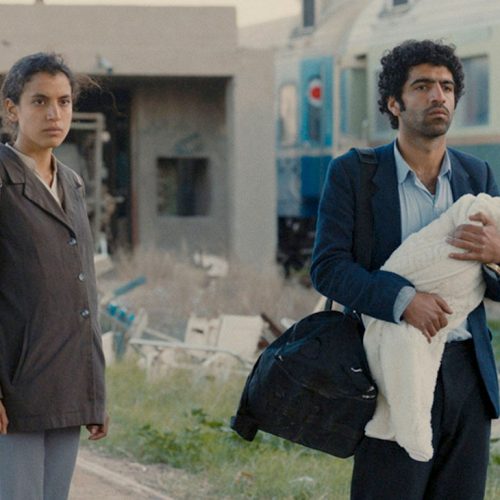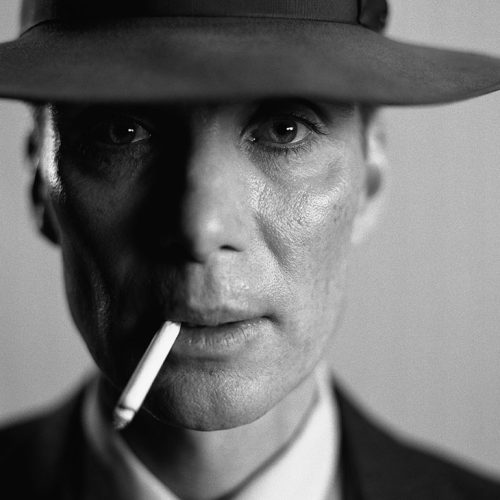When she started shooting documentaries in the 1980’s, Palestinian-American film director Mai Masri was the first female Palestinian filmmaker. Today, almost half of all Palestinian directors are women. “In the region, women actually have greater representation in the industry than in Europe or the States”, she says.
Masri’s first introduction to filmmaking was in 1976, when she randomly walked into a film studies class when she was studying at Berkeley University. She immediately realised that filmmaking was the artistic medium she needed to divulge in. A medium that would allow her to tell the unheard stories of her people.
Her work has since focused on resistance, displacement, and more specifically on the lives of Palestinian children. Masri is best known for her documentary trilogy Children of Fire, Children of Shatila, and Frontiers of Dreams and Fears, which follows the lives of young Palestinian refugees.
Her first feature film was released in 2015 and is based on real life events. Following the story of a Palestinian woman who gives birth while she is jailed in an Israeli prison – the film was critically acclaimed and awarded, as well as selected as the Jordanian entry for the Best Foreign Language Film at the 89th Academy Awards.
MILLE caught up with Masri at the Festival Ciné-Palestine in Paris, to find out about the inspiration behind her work, her career highlights and her advice to anyone considering documentary making.
Use your personal history and experiences as an inspiration
Masri originally comes from Nablos in Palestine, but grew up in Beirut, as her and her family were no longer able to return. She remembers questioning her identity since a very young age. “At four of five, I already felt like an outsider, because of futile things, such as my accent in Arabic”, she says. But despite this, she felt a very strong connection with her motherland; her Palestinian father was very patriotic and she’s convinced it had a huge impact on her. She recalls her time as a student in Beirut as an enlightening and exciting experience. “Beirut was and still is a very vibrant city. In the 1970’s, the Palestinian movement was based there and I was very much influenced by the political effervescence of the time, which encouraged me to speak up for the cause of my country and nation”.
Trust is key
When she was a teenager in Beirut, Masri saw the refugee camps as a replacement of Palestine. She spent a lot of time in Shatila and Zaatari, bonding with the people and building strong relationships with them. “It’s there that the Palestinian identity was alive”, she says. To Masri, the most fundamental thing when filming documentaries is gaining trust from your subjects. Her films tell the stories of people who have naturally opened up to her, and that is what makes them so strong and powerful. “Holding a camera gives you status, and if you’re responsible, people will respect you and interact”.
Give a voice to the voiceless
“Those moments when filming are the most important and memorable in my career. I have learned so much from the stories I’ve heard. It has given me a purpose in life. To give a voice to those who aren’t listened to gives me the feeling that I’m writing history and writing a history that has never been written”.
Being a woman isn’t necessarily an obstacle
“The rise of women in film in the MENA region is so exciting, it’s a healthy sign that things are changing, and that more voice are being heard. I personally don’t believe being woman has been a disadvantage to me. I feel like once you’re holding the camera, people forget about your gender. But, I remember working with a Western man for the BBC and ironically, he didn’t enjoy me giving him directions”.
Children are great subjects
Childhood is a recurrent theme in Masri’s films, in which children appear as heroes. “Working with kids gives me so much freedom. Their imagination is so vast and poetic, it has challenged my creativity and inspired me as a filmmaker”.
Step outside your comfort zone
Masri directed her first feature film four years ago, and is now willing to stick to this genre, to start telling stories not confined to the Middle East, “I don’t want to repeat myself”, she says. “The move to fiction was a big challenge, but I still have the same purpose: to tell the human stories of ordinary people, who are invisible to society. Documentaries have been the best formation, I can now revisit the characters I’ve met and the places I’ve been, but in another format and context”.





